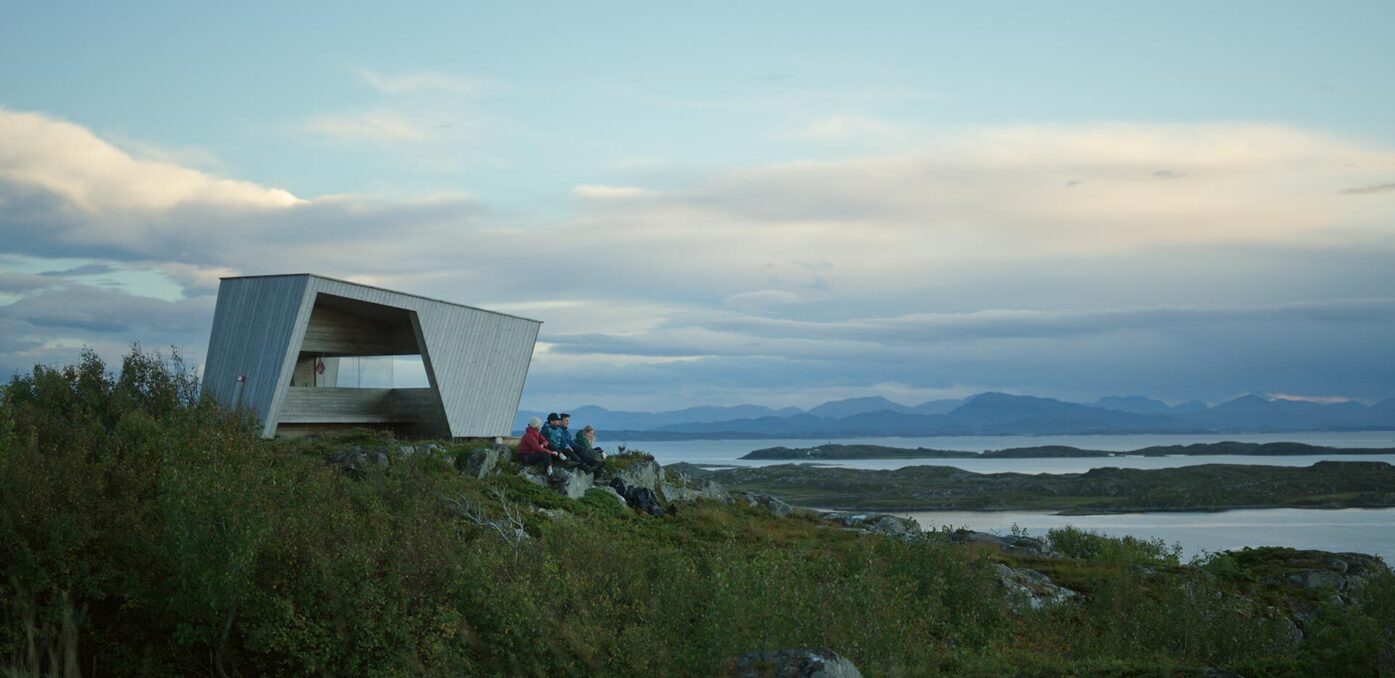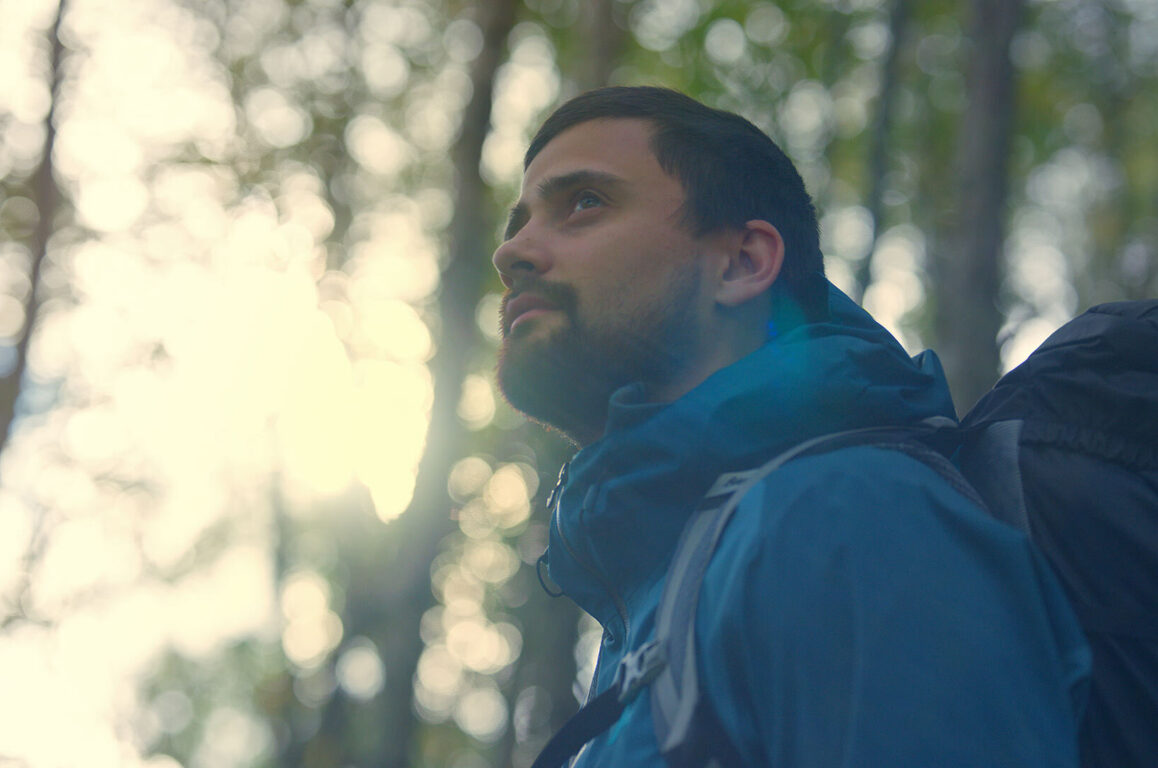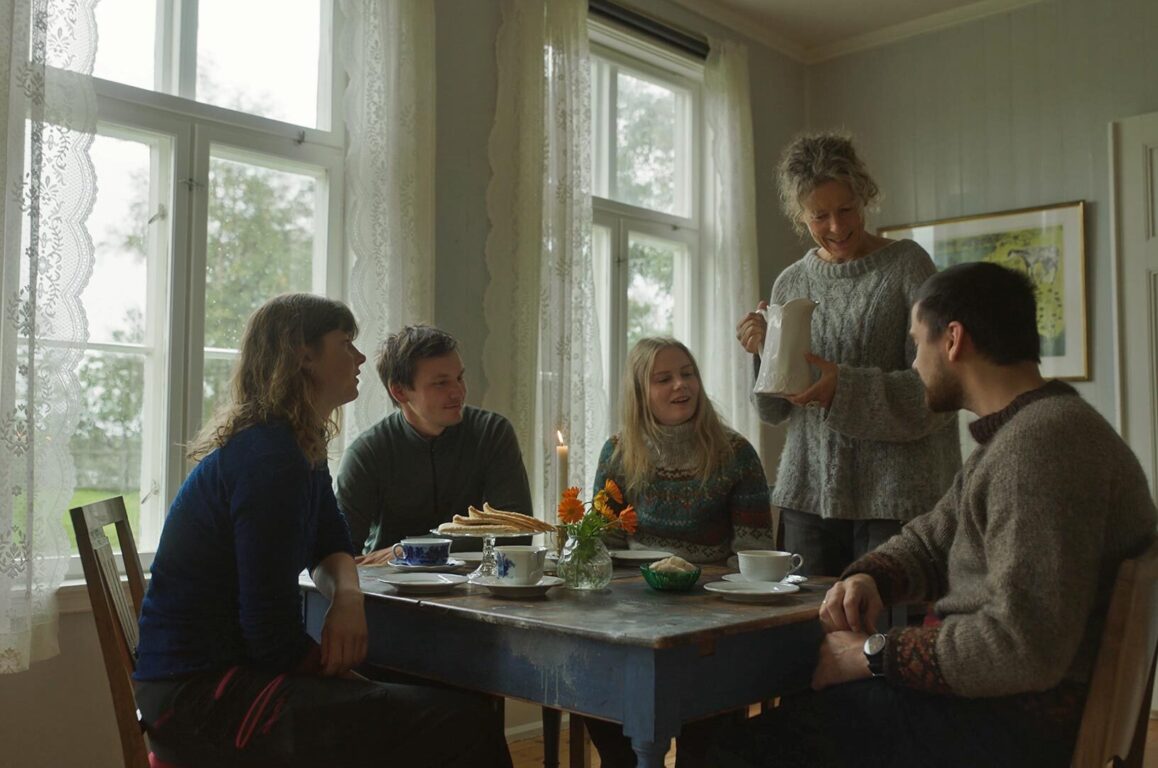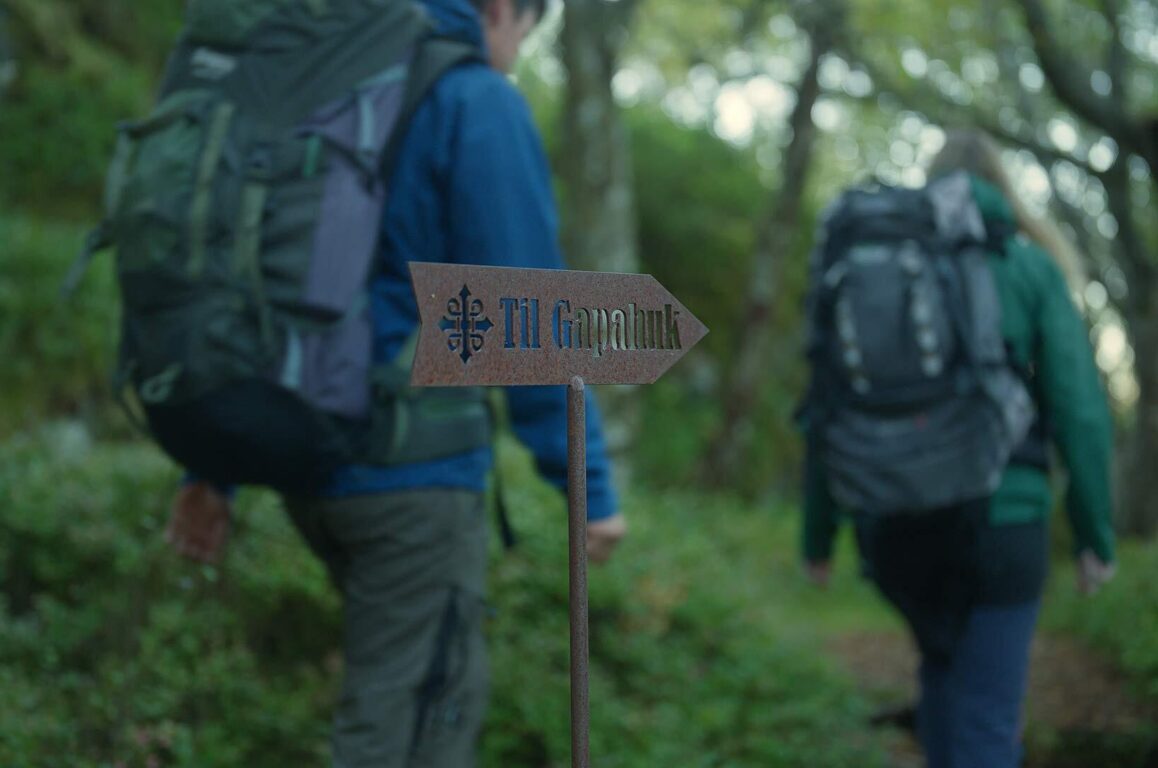The benefits of walking in nature
You’ve probably experienced that a walk in the forest can ease stress. Here are the reasons why spending time in nature is good for you—and some tips on how to get outside more often.

Photos: Helmet
Nature vs. the City
Research shows that a walk in the forest reduces stress on a whole different level compared to walking in the city. The feel-good hormones dopamine and serotonin are released, making you feel happier and more relaxed. The positive effect of a walk may come from several different factors:
Movement
It is well documented that physical activity is good for both your physical and your mental health. By going outside and moving regularly, you become better equipped to handle life’s everyday challenges. Physical activity has also been shown to have a positive effect for those struggling with depression, addiction, anxiety, and other complex conditions.

All Senses Activated
Our mood is affected by what we see around us, and there’s reason to believe that the colors in nature make us happier. Green has a calming effect on many people, although it’s not clear whether this is rooted in our genes or if it comes from positive associations.
Other senses also affect our mood. We often experience joy from the sounds in nature, like singing birds, a babbling brook, or a crackling fire—and the smell of grass and flowers. That’s why you should make sure to use all your senses to get the full benefit of your hike.
Next time you’re in the forest, try to be aware of all your senses—from sound and smell to color and the feeling of grass against your hand. In psychology, this form of awareness is called mindfulness, and is well known to reduce stress.
Natural Light
Going outside in middle of the day, when the sun is high, can boost your mood and energy. It can also help you sleep better at night, since light affects your circadian rhythm. In addition, sunlight is also our most effective source of vitamin D. This vitamin is important for all cells in the body and is necessary for maintaining strong bones.
Many workplaces see the advantage of letting employees take a break outdoors, to gain energy and concentration for the rest of the workday. Some companies facillitate so that employees can eat their lunch outdoors, have informal meetings while walking, or have social gatherings in green areas. This positive evelopment helps many of us spend more time in nature.
Human Connection
Nature can be a social arena if you want it to be. We tend to greet people we pass by on the hiking trail, and it often feels more natural to strike up a conversation at a mountain lodge than at a gas station. Also, many people are more motivated to get outside when they have hiking plans with a friend.
If you want company while hiking, there are group hikes you can join through various organizations. For example, you can find organized trips along Pilegrimsleden. Pilgrims often highlight the encounters with other hikers, along with locals and hosts, as the best part of the experience.

Photo: Helmet
Me Time
On the other hand, if you already have enough social interaction in your everyday life, nature can provide space for some much-needed solitude. It gives time for your thoughts to wander freely, without distractions. Concider to put your phone on silent mode so that the peace of the forest isn’t interrupted by notification sounds. But don't leave it at home, it's important to be able to reach people if something unseen occurs.
Some people hesitate to go on longer hikes alone, but in Norway it's concider safe to hike the forests and mountains, as long as you have some former hiking experience and take some precautions.

Tips
If you want to spend more time in nature, here are som tips to make it happen:
- Use everyday opportunities to spend time outside. Can you walk through a park on your way to work? Or get off the bus a few stops early and walk the rest? Instead of meeting your friend at a café, can you go for a walk together?
- Go outside in the middle of the day. That’s when you’ll get the most daylight, which is good for both your mood and sleep. How about an outdoor lunch break?
- Use your senses. Skip the headphones and focus on the sounds of birds, along with the smell of grass and flowers and the feeling of the wind, rain, or sun against your skin.
- Bring a friend—Or don't. Consider whether you benefit more from walking alone or with someone. Think about which option motivates you more to get out regularly.
- Set goals. If you want to spend more time in nature, make a concrete plan—add it to your calendar as a goal for your next holiday, long weekend, or day off.
- Explore new trails. There are pilgrim trails spanning all over Europe, and in the Pilegrimsleden planner, you can find a map showing all the pilgrim trails in Norway.
Enjoy your walk!